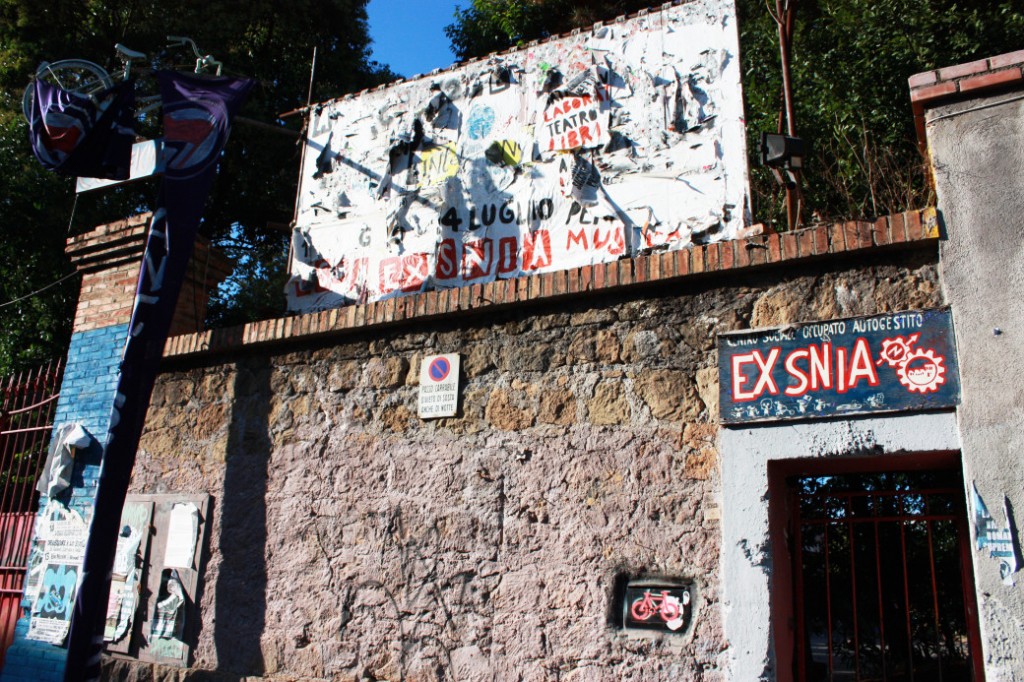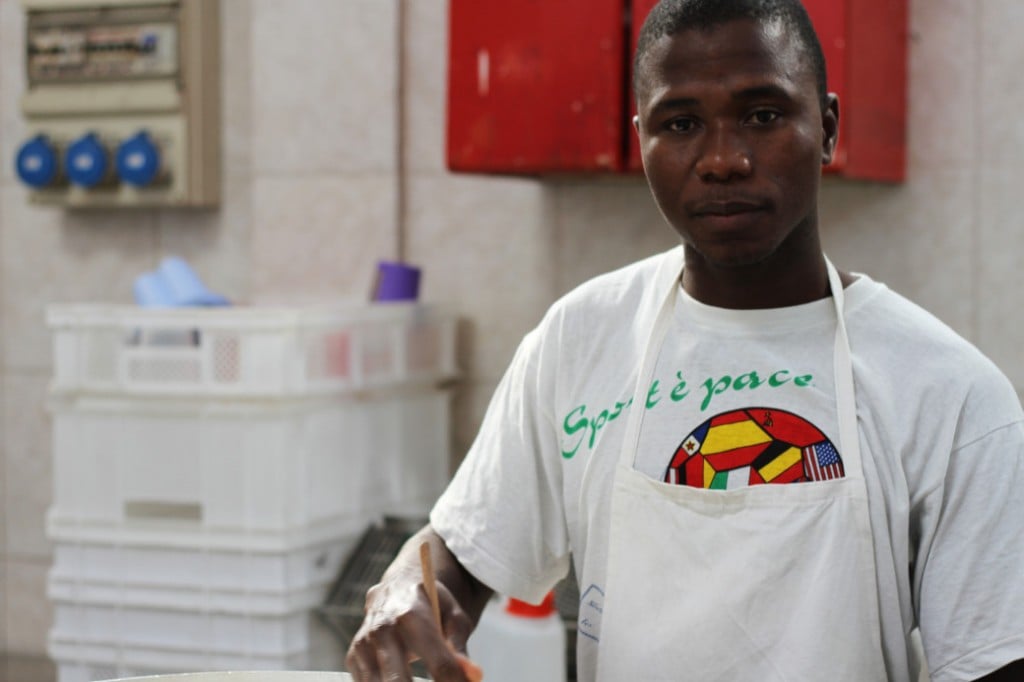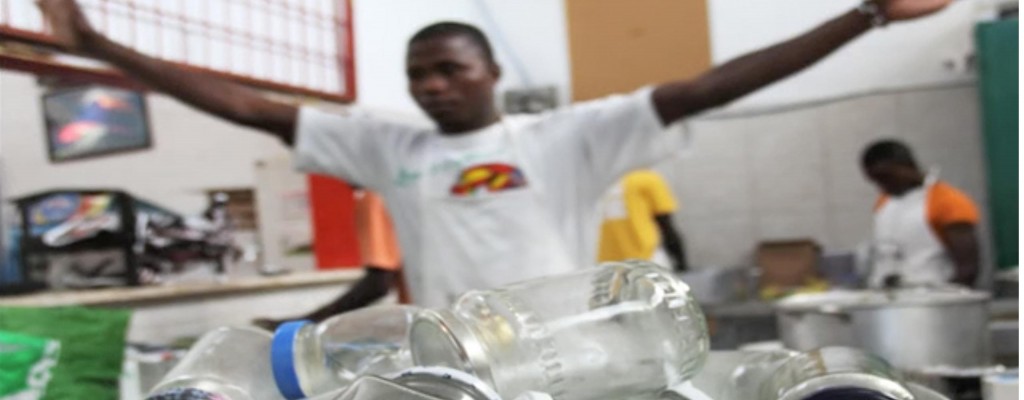Housed in an abandoned former textile factory, Barikama Yogurt is a glimpse into what happens when people are forced to create their own opportunities. This micro-income project produces and sells organic yogurt in the Rome vicinity.
In a brightly lit room with graffiti everywhere, one wall reads, No One is Illegal. Five young men from Mali, Senegal and Ivory Coast clad in aprons work as west African music blares in the background. There is a welcoming feeling, as they share laughs and dance. As they make yogurt, they talk about their experiences and how they got to this point.

The word Rosarno comes up in each of their interviews and the smiles fade. What happened in Rosarno, Italy is a deeply traumatizing event for these individuals. One that cuts deeper each time it is recalled. Africans were illegally employed as farm labourers in the town. Making less than 20 euros a day, they slept in barns in unsanitary conditions.
In 2010, there was a revolt in the farming fields of Rosarno. In addition to the already present exploitation, African men were harassed in the street by the locals. The tipping point of the event was when three African men were shot on their way home. This led to a mass revolt as the migrants stopped working and took to the street. Clashes between the locals and migrants led to Italian authorities providing work visas and train tickets for the migrants to leave town. Some left for Rome, others for Napoli.
Sulieman, originally from Mali, is the founder of Barikama Yogurt. After meeting people from Ex-Snia, which is a social hub for non-governmental organizations, Sulieman created this project. The name Barikama is fitting for this initiative as it means ‘resistance’ in his native language of Bambara.
This project would change the lives of these African men. He feels a sense of brotherhood with the others. His dream is to expand this project and employ 100 refugees as a way to help his fellow Africans. Through this project the men involved learned the Italian language, have become familiar with Rome due to delivering the yogurt to markets and made connections to more job opportunities.

This article first appeared on Living at the Border, and is reposted under a Creative Commons license.
About the author
Asha Siad is a Somali-Canadian multimedia journalist who is driven to tell stories about people and issues that are often overlooked. Her passion for storytelling has allowed her to work on multiple platforms to deliver original journalism that digs deeper.
From interviewing Somalia’s President Hassan Sheikh Mohamud about the unbearable living conditions many Somali asylum-seekers face in Italy to reporting on the plight of South Sudanese diaspora in Calgary, she looks for global and local stories that allow us to connect with the rest of the world.
If you’d like to repost this article on your website, please see our reposting policy.

